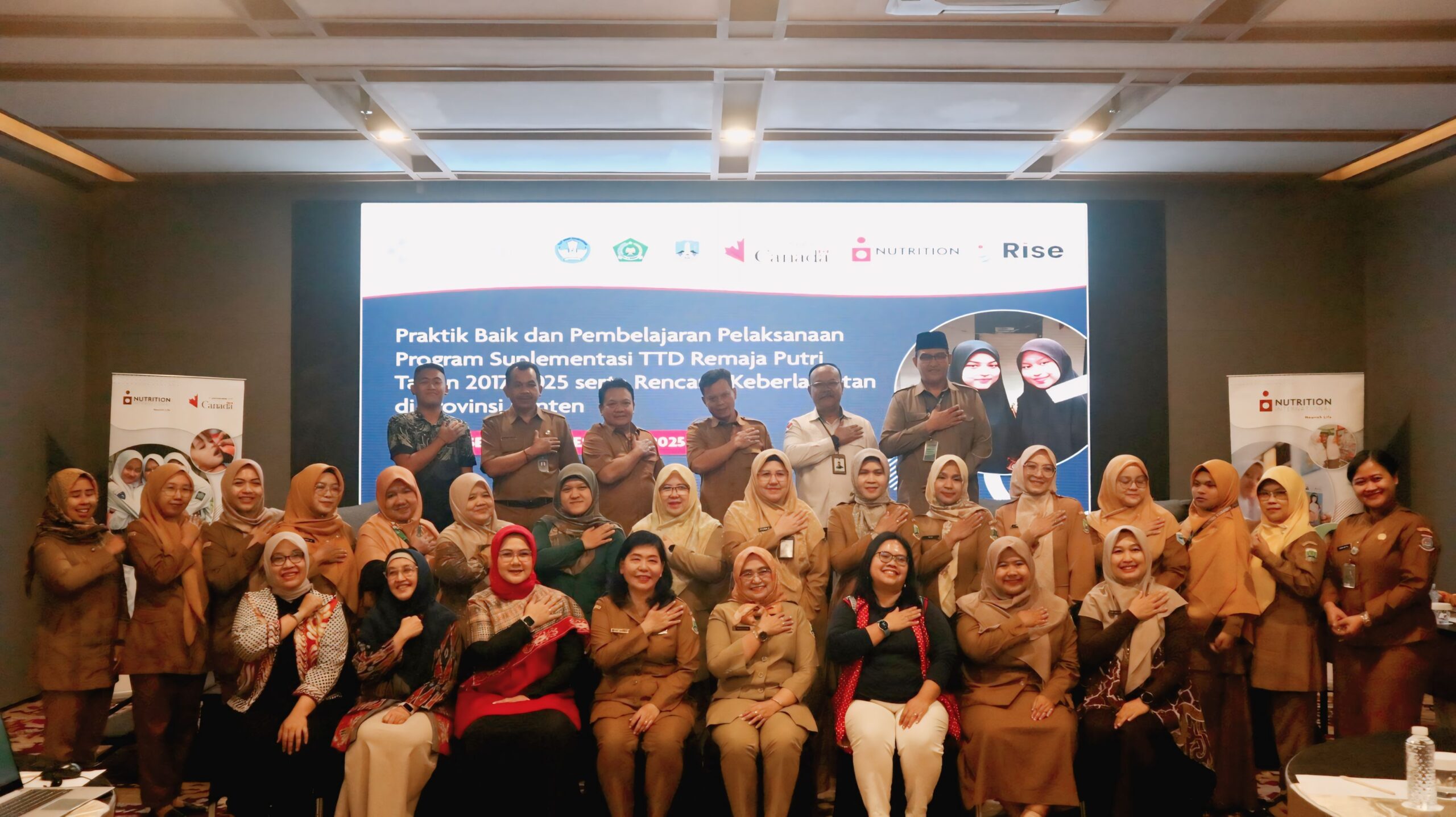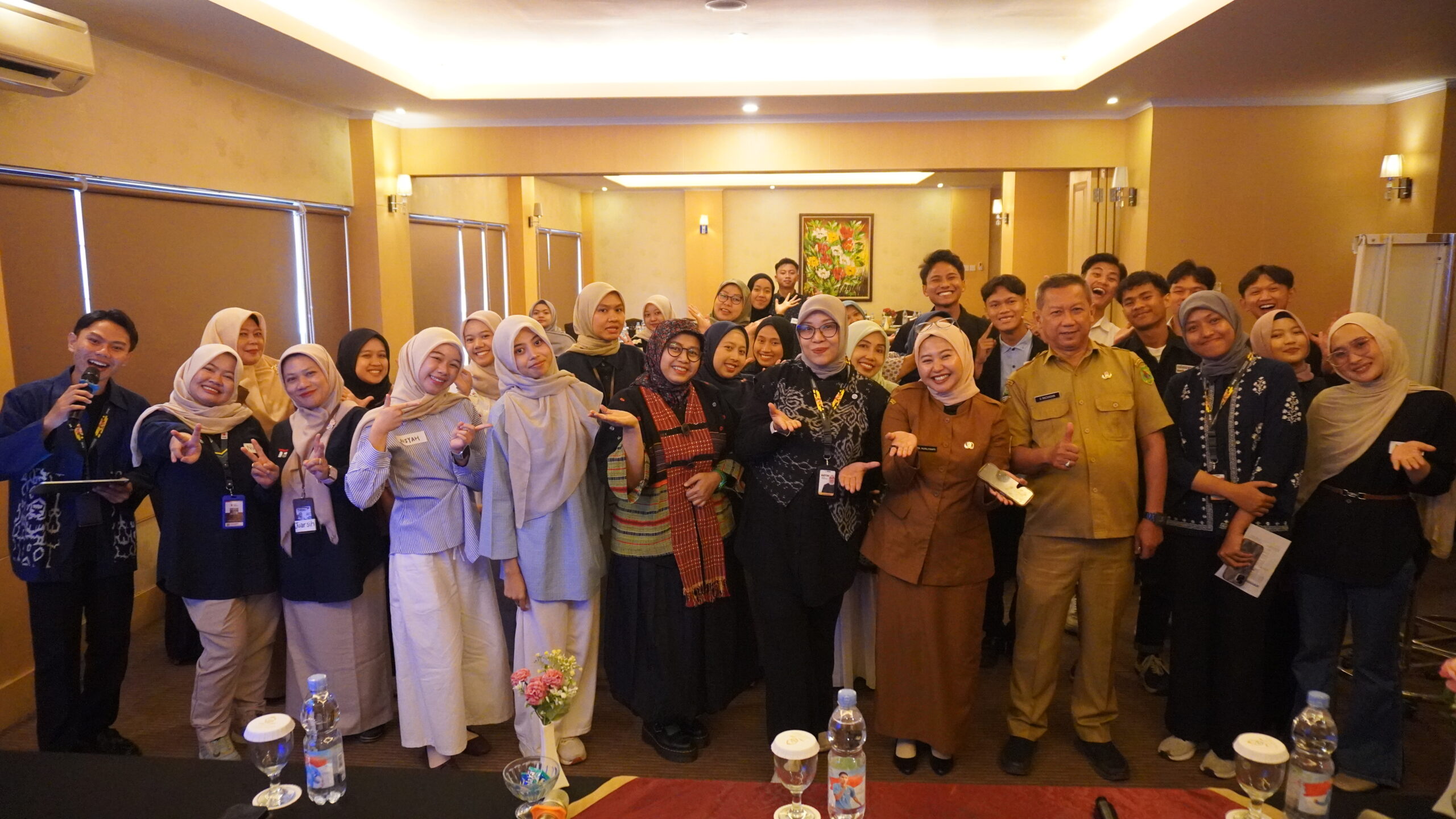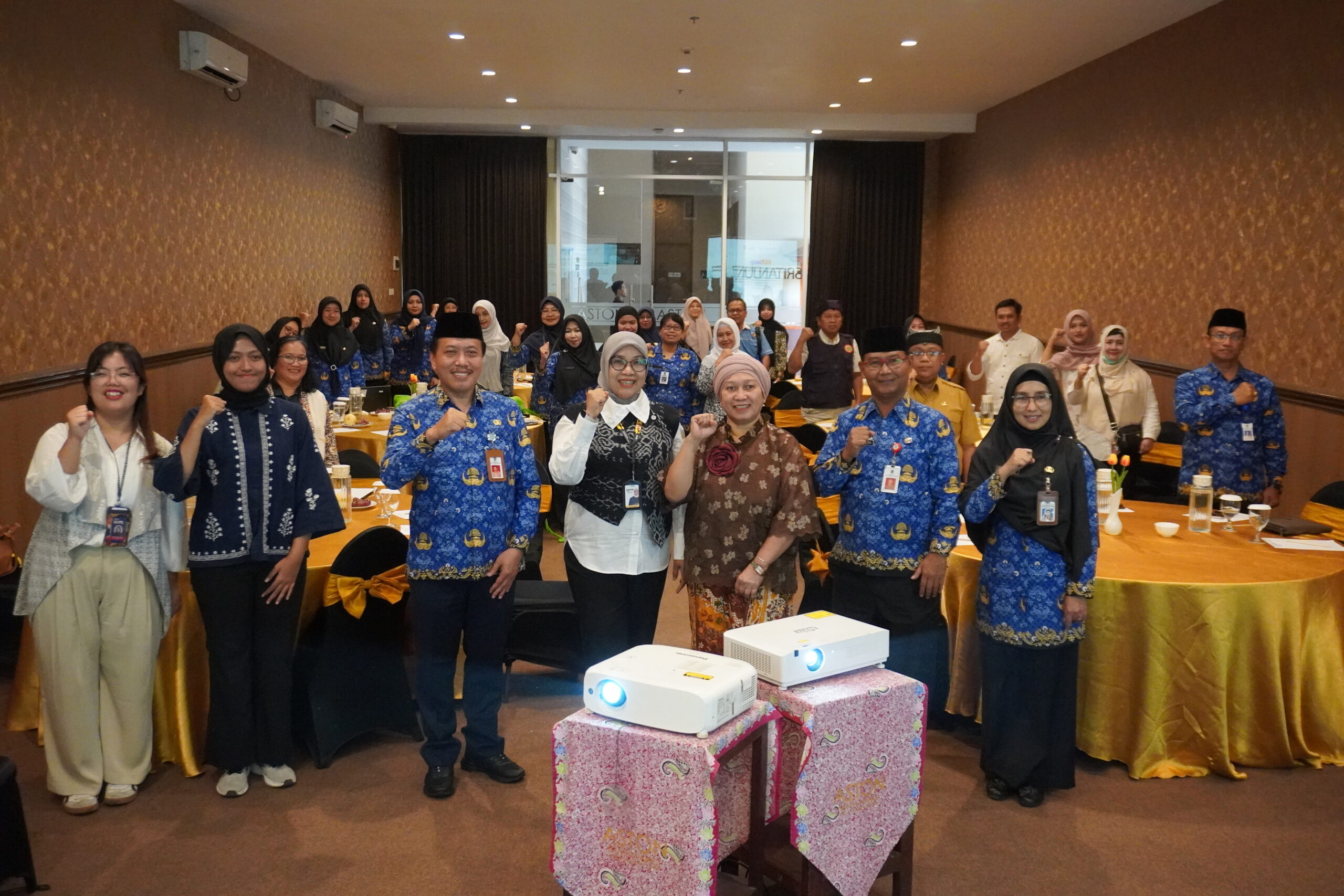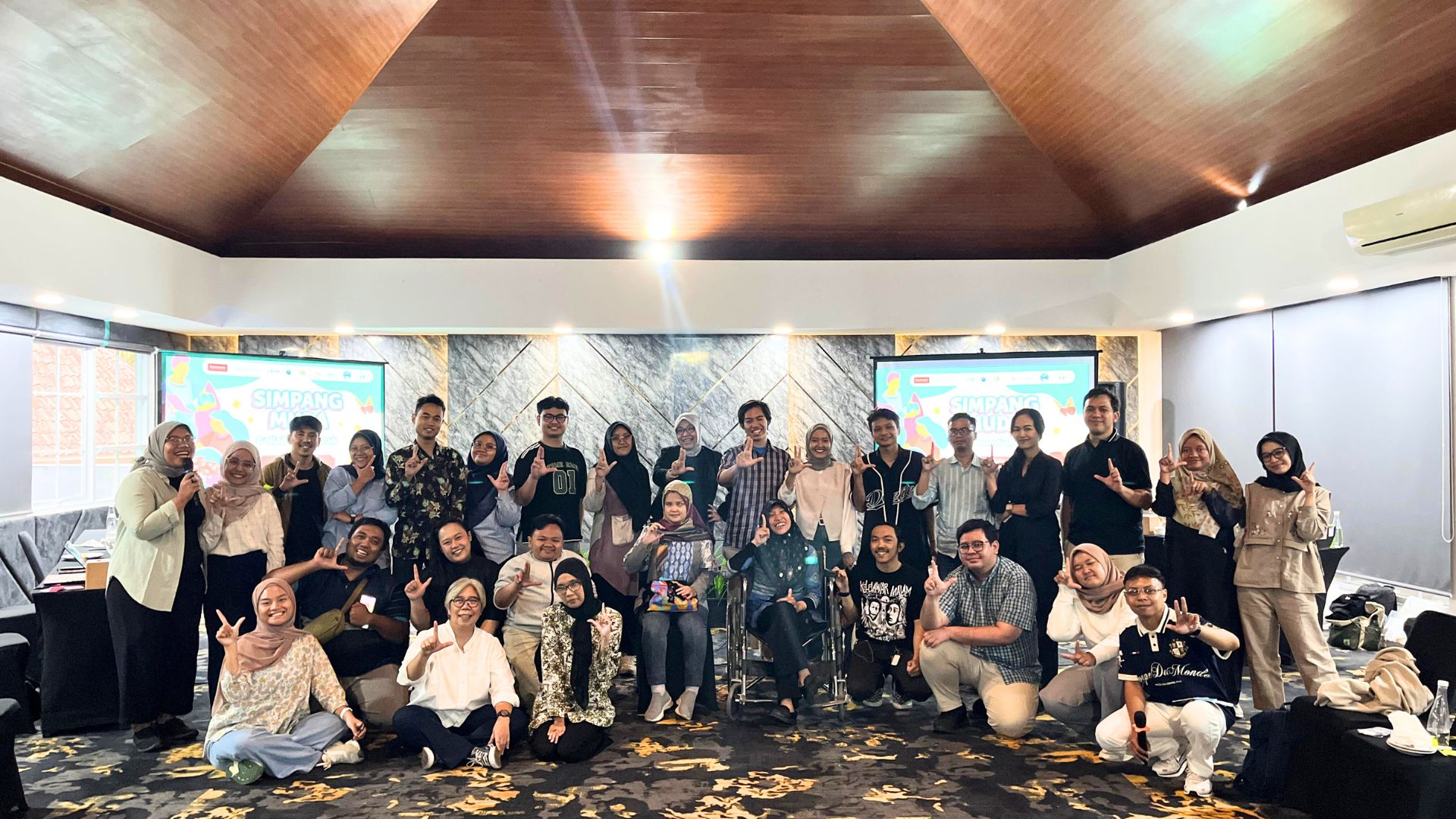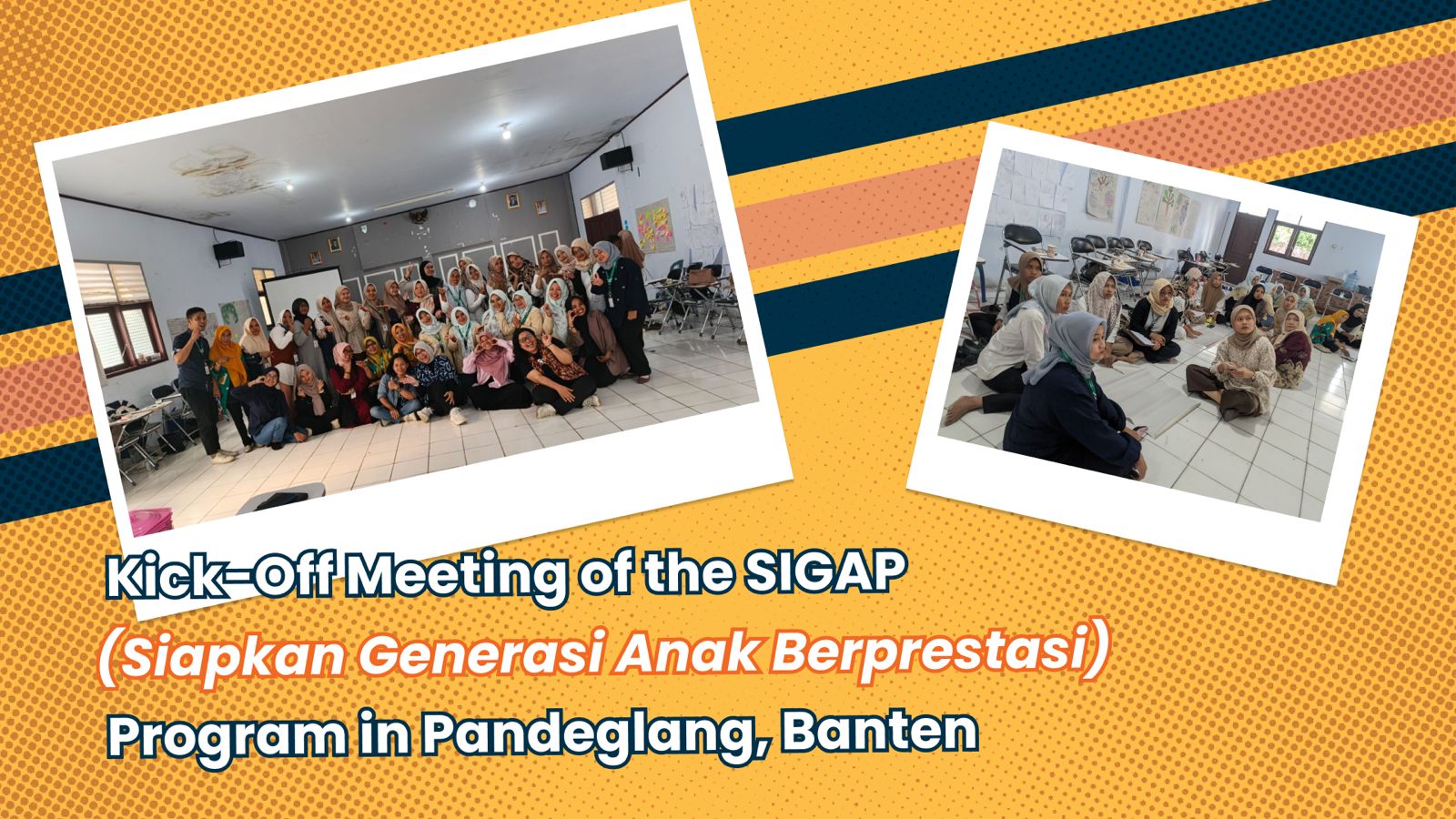Bogor, July 4th, 2024
The Coordinating Ministry for Human Development and Cultural Affairs (Kemenko PMK), in collaboration with the Bogor City Government and supported by Friedrich-Ebert-Stiftung (FES), alongside the implementation partner RISE Foundation (Yayasan Remaja Indonesia Sehat), conducted a kickoff meeting and an innovative workshop aimed at enhancing the role of stakeholders in the execution of the National Action Plan to improve the Welfare of School-Aged Children and Adolescents (RAN PIJAR). This meeting aims to ensure effective collaboration between various sectors in improving the welfare of children and adolescents in Bogor City.
RAN PIJAR is a program launched by the Coordinating Ministry for Human Development and Cultural Affairs (Kemenko PMK) through Permenko PMK Number 1 of 2022 supported by 19 ministries/institutions and followed by Kepmenko PMK 45/2022 concerning the National Team for Improving the Welfare of School-Aged Children and Adolescents.
This activity was initiated by the Coordinating Ministry for Human Development and Cultural Affairs and received funding support from the Friedrich-Ebert-Stiftung (FES) with the implementing partner from the Healthy Indonesian Youth Foundation (RISE Foundation). Furthermore, this program partners with multiple relevant ministries and institutions to address all facets of adolescent and school-age child development. RAN PIJAR is dedicated to ensuring Indonesian children and adolescents of school age are healthy, live in safe and supportive environments, and have access to learning opportunities that enhance their life skills. Thus, they can actively contribute, have resilience, and be able to make decisions independently.
Kick-off implementation of RAN PIJAR is the first step to improving the welfare of school-age children and adolescents. This is achieved by signing a commitment by the Head of the OPD (Local Government Organisation), aimed at enhancing the involvement of stakeholders in implementing an action plan that aligns with the responsibilities of each sector. In this activity, Acting Official Deputy for Coordination of Quality Improvement of Health and Population Development – Prof. Dr. Ir. Nunung Nuryartono MS accompanied by Assistant Deputyship of Nutrition Resilience and Health Promotion – Jelsi Natalia Marampa S.KM, M.KKK.
Acting Official Deputy for Coordination of Quality Improvement of Health and Population Development – Prof. Dr. Ir. Nunung Nuryartono MS, In his speech, said “School-aged children and adolescents represent a critical and strategic demographic for nation-building efforts. The 2020 Population Census indicated that Indonesia had 75 million individuals aged between 8 and 23 years, representing 27.94% of the nation’s overall population. It is expected that ministries and institutions, particularly the Bogor City Government, will take significant notice of various concerns affecting the welfare of school-age children and adolescents, especially those about health and nutrition.”
“Issues affecting school-age children and adolescents include a range of concerning statistics: 41% do not consume breakfast regularly, 32% experience anemia, and 58.3% engage in insufficient physical activity alongside poor dietary habits. Furthermore, one in ten individuals aged 15 to 24 suffers from mental health disorders, with the prevalence of depression at 6.2%. Additionally, obesity is observed in 12% of children aged 7 to 12 years (National Basic Health Research 2018). Additionally, 3.78% of students in Indonesia are reported to use narcotics (National Narcotics Board 2023).” added Nunung.
In addition, Jelsi Natalia Marampa, Assistant Deputyship of Nutrition Resilience and Health Promotion and the driving force behind RAN PIJAR and this kickoff event emphasized the following “This initiative serves as the pilot project for the implementation of RAN PIJAR, established through a collaborative effort among the Friedrich-Ebert-Stiftung (FES), RISE Foundation Indonesia, Coordinating Ministry for Human Development and Cultural Affairs, and the Bogor City Government. This is expected to be a role model or example for other regions in West Java. At the central level, all stakeholders are actively engaged in endorsing and executing the current strategies of RAN PIJAR, as delineated by the National Team for Improving the Welfare of School-Aged Children and Adolescents,” explained Jelsi.
To enhance the welfare of school-aged children and adolescents, the Mayor of Bogor, Hery Antasari, announced that six regulations have been established in Bogor City to facilitate the improvement of school-aged Children’s and adolescents’ well-being, “there have been several regulations to support the implementation of improving the welfare of school-age children and adolescents including Regional Regulation Number 1 of 2015 concerning the implementation of Advertising in Bogor City (Prohibition of Cigarette Advertising); Regional Regulation Number 4 of 2016 concerning Prevention and Countermeasure of HIV/AIDS; Regional Regulation Number 3 of 2017 concerning Child-Friendly Cities; Regional Regulation Number 11 of 2018 concerning Health Implementation; Regional Regulation Number 10 of 2018 Amendment from Regional Regulation Number 12 of 2009 concerning Non-Smoking Areas; and Mayor’s Decree on School Health Clinic Guidance Teams” explained Hery.
The Bogor City Government has executed a range of school child nutrition programs, which include nutrition education, the establishment of school gardens, the promotion of healthy canteens, ensuring the safety and quality of snack foods, providing school meals, administering feeding initiatives, offering nutritional supplements, and integrating these various activities. Nutrition education for school children can be effectively delivered through the School Health Clinic (UKS). Moreover, nutrition education is delivered through family-based channels, primarily targeting parents. The regulation issued by the Coordinating Ministry for Human Development and Cultural Affairs regarding RAN PIJAR has further energized the Bogor City Government in its commitment to enhancing nutrition and maternal and child health. A key component of the RAN PIJAR strategy is to expand access to nutrition and health services for elementary school children.
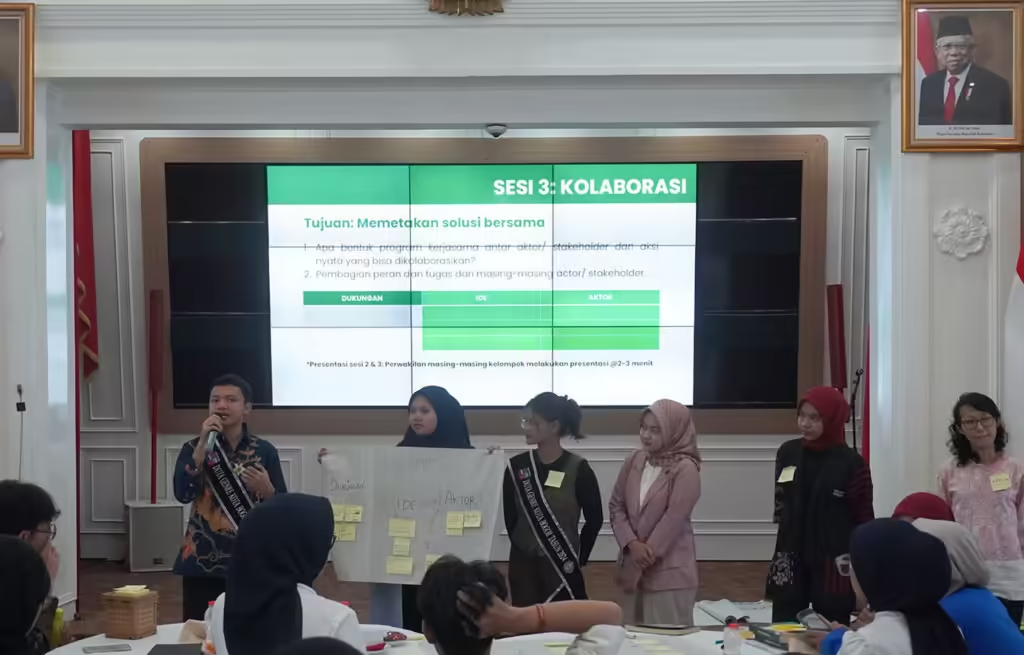
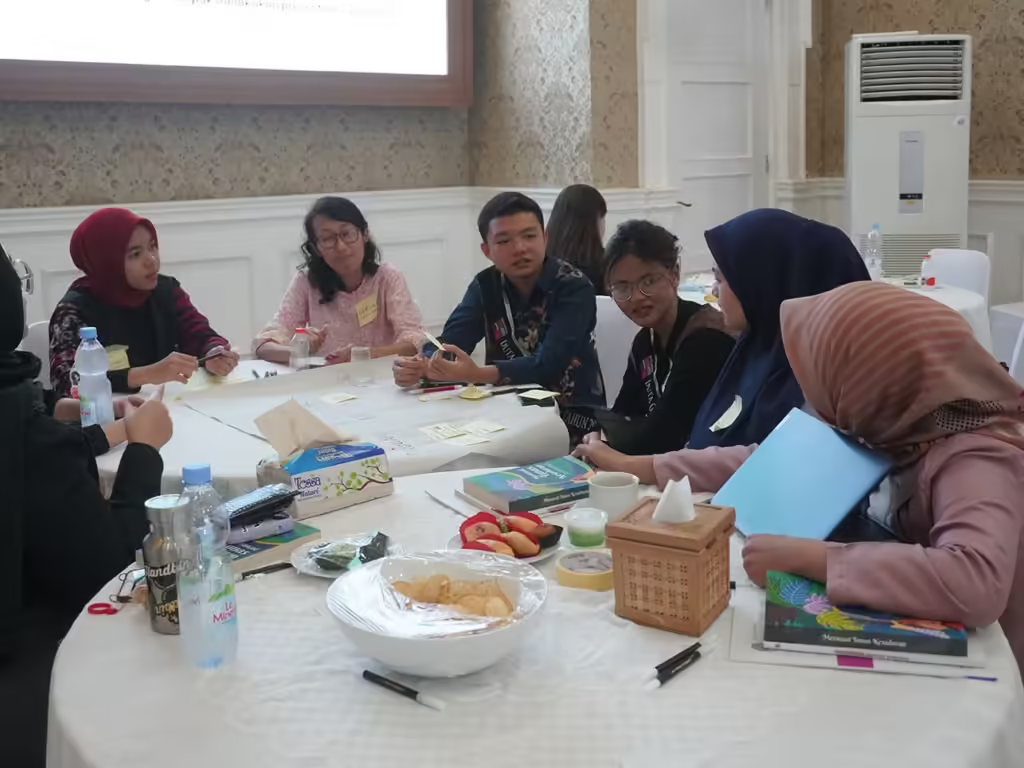
This event was attended by various government agencies, Ministry of Coordinating Ministry for Human Development and Cultural Affairs; Ministry of Health; Ministry of Education, Culture, Research, and Technology (Kemendikbud); Ministry of National Development Planning (Bappenas); Ministry of Religious Affairs (Kemenag); Ministry Of Women Empowerment And Child Protection (KemenPPPA); National Population and Family Planning Board (BKKBN); United Nations Population Fund (UNFPA); as well as related agencies in Bogor City such as the Education Office; Health Office; Department of Women’s Empowerment and Child Protection (DP3A); Population Control and Family Planning Office (DISDALDUKKB); Social Service; Communication and Information Technology Office (Diskominfo); Agency of Development Planning; Research and Innovation (Bapperida); and Regional Secretary. In addition to government agencies, this event also involved various representatives of young people’s organizations and the Bogor City community such as Health Ambassadors, Generation Planning Ambassadors, Adolescent Counseling Information Center (PIK-R), Mojang Jajaka Community, and so on.
The series of activities concluded with an Innovative Workshop facilitated by the RISE Foundation Team and Health Heroes Facilitator, which aims to map the health situation of school-age children and adolescents, find solutions to synchronize cross-sector programs, and design joint action plans. The participation of various stakeholders, especially groups of adolescents as both participants and focal points of this event, fosters optimism that the implementation of RAN PIJAR will proceed smoothly, inclusively, and in alignment with contemporary needs. This approach aims to identify effective solutions and enhance the execution of programs within the field, while also seeking to engage champions from the younger generation and adolescents who possess innovative ideas and concepts. The ultimate goal is to promote the welfare of school-aged children and adolescents.
“The kick-off meeting and innovative workshop held today is an effort to increase the commitment of the Bogor City Government and organizations or communities, especially to strengthen more meaningful youth involvement and increase access to youth-friendly health as the implementation of RAN PIJAR starting from the beginning of development planning until its implementation,” concluded Jelsi.

